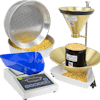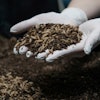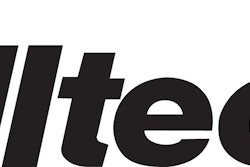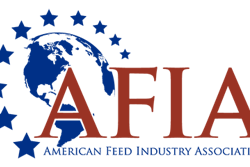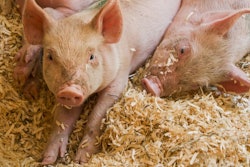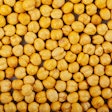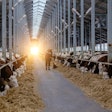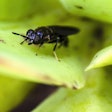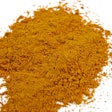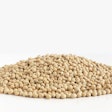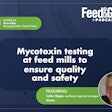
An increase in inclusion rates of U.S. DDGS from zero to 15 percent by an Irish feed mill will add 75,000 metric tons in additional demand annually, valued at $17.2 million.
A leading feed mill in Ireland has upped its inclusion rate of U.S. dried distiller’s grains with solubles (DDGS) thanks to the U.S. Grains Council’s (USGC’s) work to promote the benefits of the feed ingredient in swine diets, adding 75,000 metric tons in additional demand annually, valued at $17.2 million.
Ireland is a consistent buyer of U.S. DDGS, purchasing just under 400,000 tons in 2018, valued at $91 million. Experienced buyers and end-users use U.S. DDGS to feed Ireland’s ruminants, including the large dairy and sheep industries. More recently, the Council has worked with Irish traders and end-users, educating them on the benefits of including more DDGS in swine diets.
To further these efforts, USGC engaged the Irish feed industry in March 2019 to assess the DDGS market and potential effects of Brexit. USGC discovered that while DDGS inclusion rates in ruminant animals were on par with U.S. standards, inclusion rates in monogastric (i.e. swine and poultry) diets lagged behind.
这个评估导致直接与猪合作industry to answer questions related to nutrition and encourage inclusion in rations. As a result, the large feed mill, which produces 500,000 tons of pig feed annually, decided to change its feed formula, increasing the DDGS inclusion rate from zero to 15%.
“As an industry leader, this feed mill’s influence is considerable, which could lead to increased inclusion rates by other mills - a domino effect quite common around the world,” said Reece Cannady, USGC manager of global trade. “As other feedmills switch, potential DDGS exports for commercial swine feed alone in Ireland could reach 200,000 tons, valued at $46 million, roughly a 50 percent increase over existing DDGS exports to the island.”
USGC will continue to work with the Irish swine feed industry to expand DDGS use, including conducting a feeding trial from August to September 2019 on a 1,000-head swine farm.
“The farm is owned by a group that sells raw materials to other producers,” Cannady says. “If they can convince home mixers to switch to DDGS, the Council could help facilitate another 100,000 tons of DDGS exports to Ireland.”

